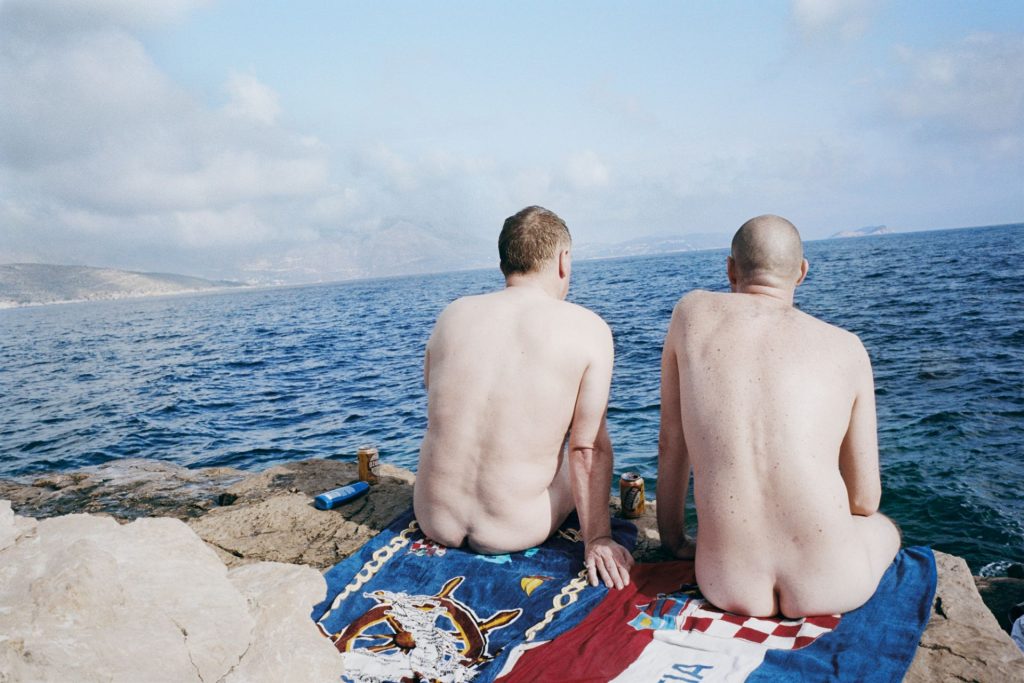L’ombre de ton ombre (The shadow of your shadow) presents new and recent photographic, textile and machine learning works that employ the artist’s relationship with his partner as an index of time. The first solo exhibition for Paul Knight in WA, it invokes the intimate present alongside the deep past and near future.
Knight’s ongoing photographic project Chamber Music is the centrepiece of the exhibition. It records the life he shares with his partner Peter since they met in 2009, and presents accumulated glimpses into the space of their relationship, creating these images with varying degrees of pre-meditation and chance.
Additionally, Knight’s hand-loomed textiles pursue the artist’s research into measures of time that are at once scientific and intimate. These highly-keyed abstractions employ the scale of a bed sheet to mediate the artist’s fascination with a hypothesis concerning the gravitational influence of a binary star system that triggered periodic meteor impacts on Earth. This event is geologically recorded as taking place sixty-five million years ago, causing the extinction of the dinosaurs and the rise of mammals.
The exhibition celebrates Knight’s comfort in humanity being a subsequent organisation of matter, occupying but a slim chapter within deep geological time. The exhibition concludes with a new commission entitled Naked Souls, two chatbots whose machine learning comprises an archive of text messages from the first few years of Paul and Peter’s relationship and ruminates upon notions of love and survival. As Knight says, ‘perhaps the most complex and entangled of all human processing and response is the data generated by human love.’
The exhibition is accompanied by a monograph that illustrates Knight’s Chamber Music series and details the algorithmic working methods of his textiles and machine learning works included in L’ombre de ton ombre. The book is co-published by MUMA, UNSW Galleries and Perimeter Books and includes new texts by the artist, art historian Professor Anthony Gardner, theoretical astrophysicist Dr Katie Mack, philosopher Oxana Timofeeva, and curators José Da Silva and Pip Wallis.



